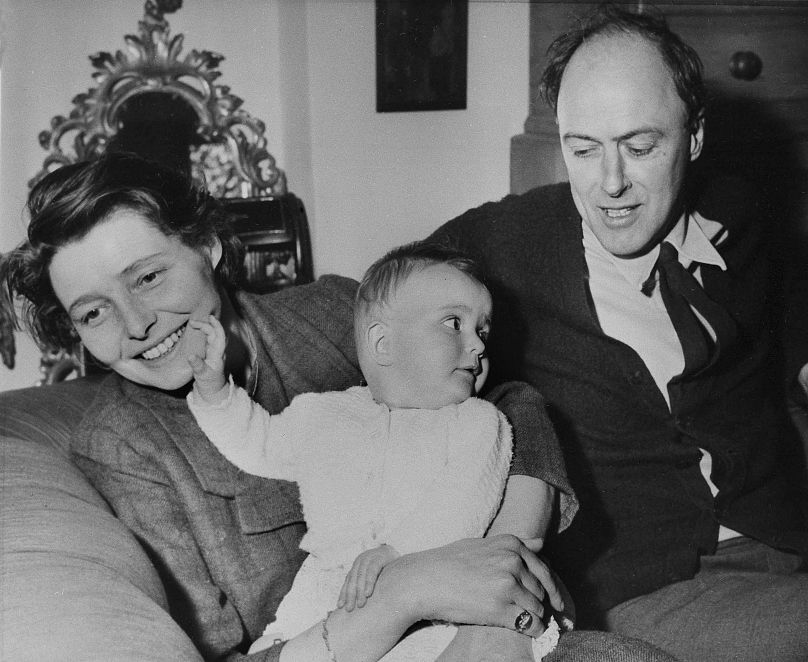While changes to the language of Roald Dahl's children's books in the UK have stirred controversy in the UK, French publishers have taken a different tact.
Roald Dahl is the latest in a long line of authors who’s had his work and words updated for a more sensitive and politically-correct modern audience but France are saying non to changes.
 ADVERTISEMENT
ADVERTISEMENT
 ADVERTISEMENT
ADVERTISEMENT
In the late writer’s home country of the UK, publishers Puffin raised eyebrows this week when it announced it had hired so-called sensitivity readers to remove language from his works deemed inappropriate for modern consumers.
For example, in the new version of 'Charlie and the Chocolate Factory', greedy child Augustus Gloop is no longer described as "enormously fat" but simply "enormous". Any mentions of "females" have been removed too - in 'Matilda', Miss Trunchbull is now described as a "most formidable woman". That book’s title character now reads Jane Austen rather than Rudyard Kipling - and a reference to a double chin in 'The Twits' has been stricken from the book. References to "boys and girls" are now "children" and all mentions of the words "black" and "white" have been removed throughout the novels.
Puffin’s decision has been the subject of much discussion in literary circles. While some quarters are welcoming the changes, many others have condemned the decision, claiming it’s an act of cultural vandalism.
Acclaimed author Sir Salman Rushdie branded the move "absurd censorship". He’s no stranger to controversy surrounding his work - his 1988 book 'The Satanic Verses' caused Iran to place a fatwā on his head and sparked violent protests around the world.
Even British prime minister Rishi Sunak has waded into the debate. Downing Street released a statement saying, "When it comes to our rich and varied literary heritage, the prime minister agrees with the 'BFG' [Big Friendly Giant] that we shouldn’t gobblefunk around with words".
The French publishers of Dahl’s books Gallimard are firmly on Sunak’s side, saying the rewriting only affects the UK and that they have no plans to modify any of the works. They will remain the same as when they were first translated from English in the 1960s.
Dahl is less famous in France than in the UK, but his children’s books still have a large audience. It’s likely that audience would not be happy if the controversial changes were made. In France, authors retain "droit d’auteur", which includes terms that publishers may not infringe on any author's work. While an author is alive, it’s not possible to make any changes to their words without consent and after their death only their heirs can make amendments.
Paris-based authors rights lawyer Antoine Chéron told The Guardian that Puffin’s move was “dangerous for culture”, asking, “How far back should we go? Baudelaire? Voltaire? The Bible?... It’s not far off censorship… This seems to be an attack on artistic creation and freedom of expression."
Puffin have defended their decision, saying its comprehensive overhaul of the books, which have sold more than 250 million copies worldwide, was aimed at bringing them into the modern world and in line with modern values - and "protecting" young readers.











